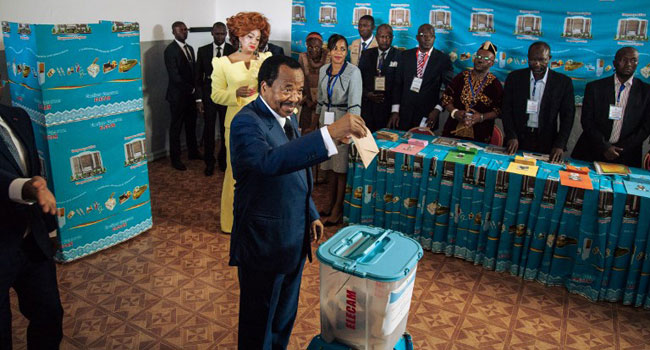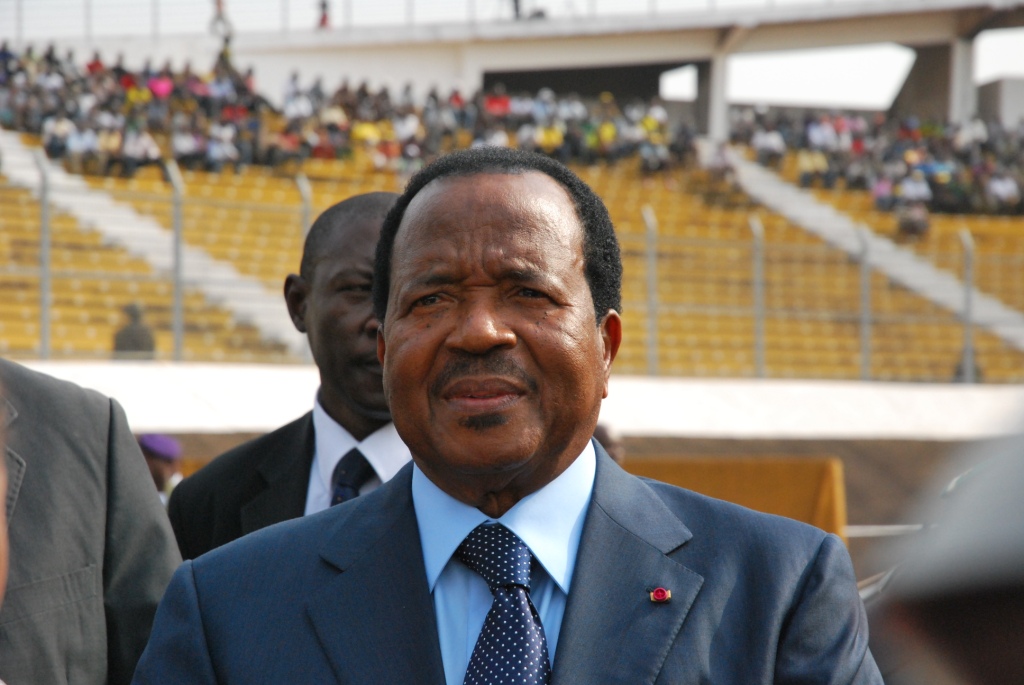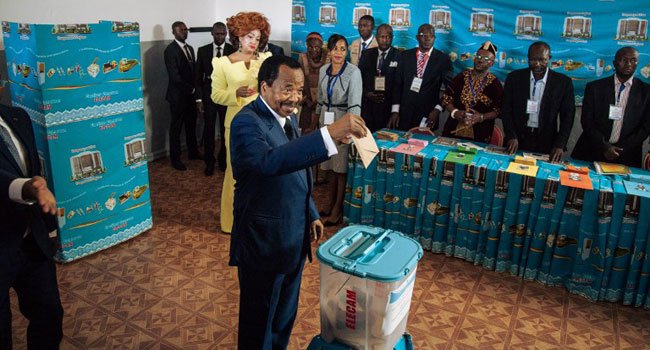
Paul Biya, the world’s oldest sitting president, has secured an eighth term in Cameroon, keeping him in power as the country’s largely young population watches a political era that has spanned four decades.
- Paul Biya, 92, has been re-elected as president of Cameroon, extending his leadership since 1982.
- The election results showed Biya winning with 54% of the votes against his main opponent Issa Tchiroma Bakary.
- Opposition figures have raised concerns over electoral integrity, signaling potential unrest.
- Cameroon’s median population age contrasts sharply with its aged leadership.
Official results gave Biya nearly 54 percent of the vote in the October 12 presidential election. If he completes this term, he will remain in office until he is almost 100, extending a tenure that began in 1982.
The election, described as the closest contest for Biya since 1992, has been met with widespread dispute from opposition figures, raising concerns over potential civil unrest in the coming weeks.
Election Results and Opposition Response
Seventeen of Africa’s leaders are over 70, while the continent’s median age is 19. In Cameroon, Biya’s main challenger, Issa Tchiroma Bakary, 76, was a former loyalist who served as a government minister until June.
Official results credited him with 35 percent of the vote. Maurice Kamto, 71, the leading opposition figure, was barred from running by the electoral commission.
Two days after the election, Tchiroma Bakary claimed victory in a landslide and threatened mass street protests, stating, “We will not accept our victory to be stolen from us. The people will not stand for it.
The people are determined to fight against a regime that is deaf to their suffering and difficulties.” Security forces have been deployed in cities including Yaoundé and Douala, where four fatalities were reported during protests.

Generational Divide
The election highlights a generational contrast in Cameroon’s political landscape. With a median age of 18.9, much of the population has never experienced leadership beyond Biya, who first assumed office over four decades ago.
The generational disconnect has extended to the president’s family; his daughter, Brenda Biya, publicly urged citizens not to vote for her father, stating he had caused hardship for the nation.
Governance and Tenure
Cameroon’s electoral body declared Biya the winner despite opposition claims of fraud, which included allegations that the government operates as a “predatory oligarchy.”
Biya has faced multiple challenges during his tenure, including a 1984 coup attempt, instability in English-speaking regions since 2016, and internal disputes within the ruling Cameroon People’s Democratic Movement.
Presidential term limits were removed in 2008, allowing him to maintain long-term control. He has also spent extended periods abroad, reportedly incurring around $65 million in travel and accommodation costs.
Potential for Post-Election Protests
Given the narrow margin of victory, widespread allegations of irregularities, and the country’s young population, Cameroon faces the risk of post-election protests similar to those witnessed in other African countries.
Authorities will be closely monitoring public response as the country navigates the post-election period.












